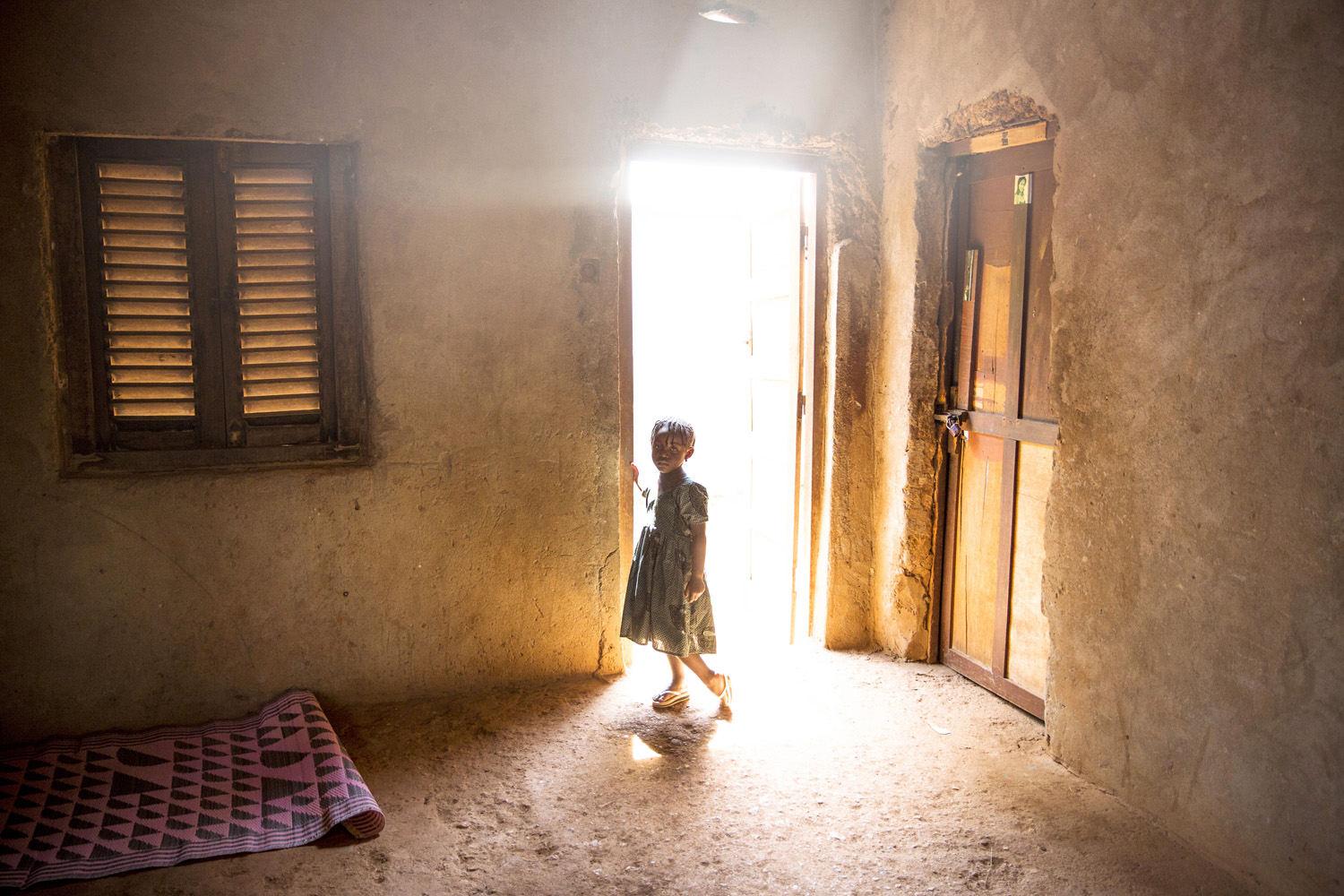
Africa is a continent brimming with stories insufficiently told in the West. But in a year where we’ve followed the French intervention in Mali, the gruesome shopping mall terror attack in Nairobi, the ceaseless conflicts of the Congo and the brutal ravages of Nigeria’s Boko Haram insurgency, one tragic crisis has been almost completely absent from international frontpages: in the Central African Republic, a nation located where it says it is, virtually the entire population of 4.6 million people is “enduring suffering beyond imagination,” according to the U.N.
After an alliance of rebel groups known as Séléka seized power in March from the government of President François Bozizé, the mineral-rich yet dirt-poor state fell into chaos. Rival factions carried out kidnappings, murders, rapes and went about conscripting child soldiers. African peacekeeping troops and government forces proved hapless and helpless. The humanitarian situation grew dire, with political instability compounding existing crises — some 1.5 million people, a third of the country, are now in critical need of food, shelter and basic sanitation.
Moreover, the ongoing violence has taken on a grim — and, for the Central African Republic, unprecedented — sectarian dimension. Many of the Séléka fighters are reportedly Muslim, some of them having joined the fight from neighboring Chad and Sudan. Muslim-Christian clashes in September led to over 100 deaths; Christian self-defense groups known as anti-balaka (or “anti-machete”) militias have sprung up. Communities of both faiths have been uprooted, scattered, forced to flee their homes. The French Foreign Minister Laurent Fabius warned last week that the Central African Republic “is on the verge of genocide.”
The U.N. is set to meet soon to discuss dispatching thousands of peacekeepers to the country. France, the former colonial power, is preparing to triple the troop numbers it has stationed in the capital Bangui. Relief agencies are calling for tens of millions of dollars in urgent humanitarian assistance.
With the conflict poised on a knife edge, French photojournalist William Daniels traveled on assignment to the Central African Republic. He passed through funerals, refugee camps and bands of men with guns. In many of his photos, there is a sense of shock and grief—the mute horror of a nation tearing at its own seams. It’s hard to watch, but it would be more shameful to look away.
William Daniels is a photographer represented by Panos Pictures. Daniels previously wrote for TIME about his escape from Syria.
Ishaan Tharoor is a Senior Editor at TIME and Editor of TIME World. Follow him on Twitter @ishaantharoor.
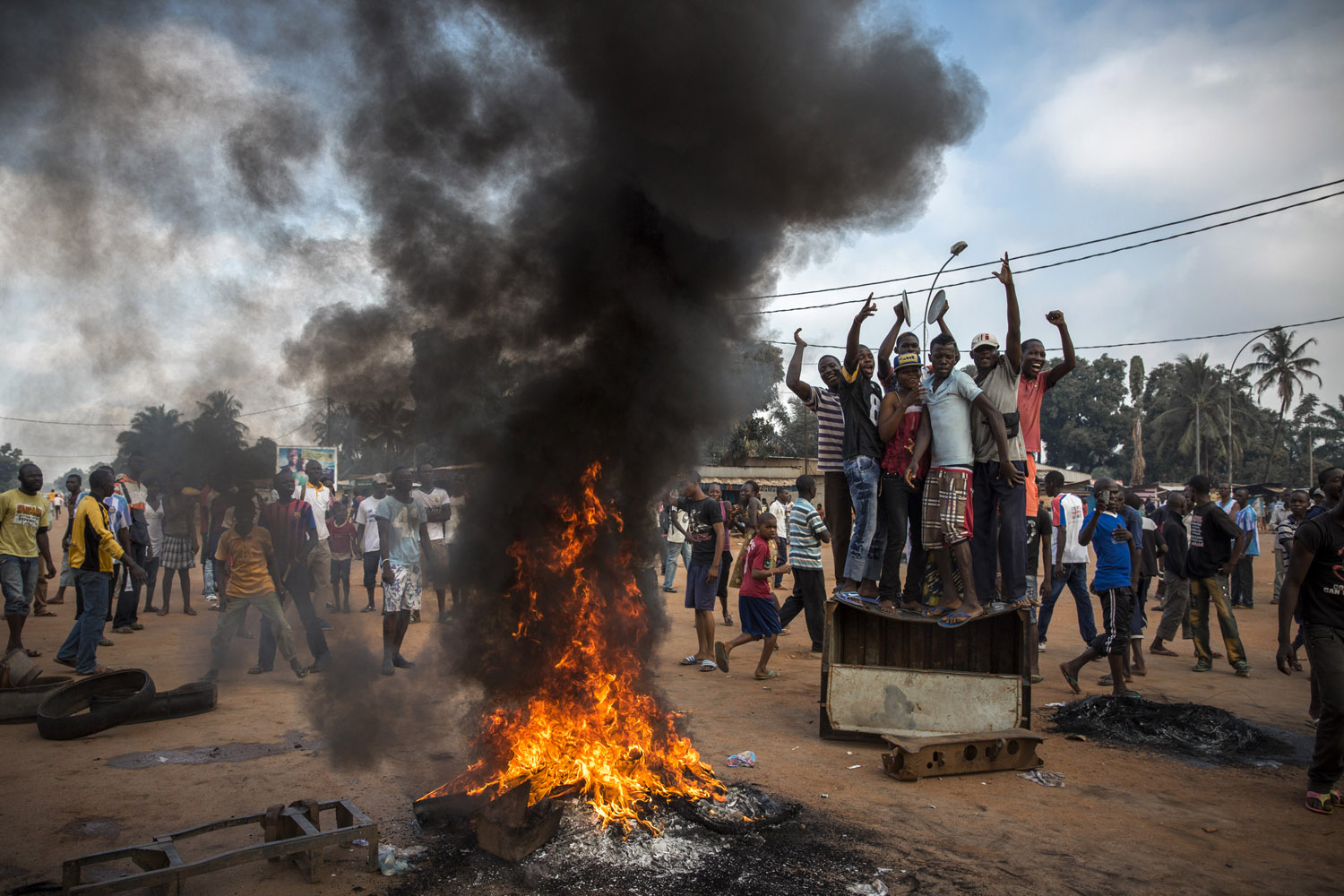
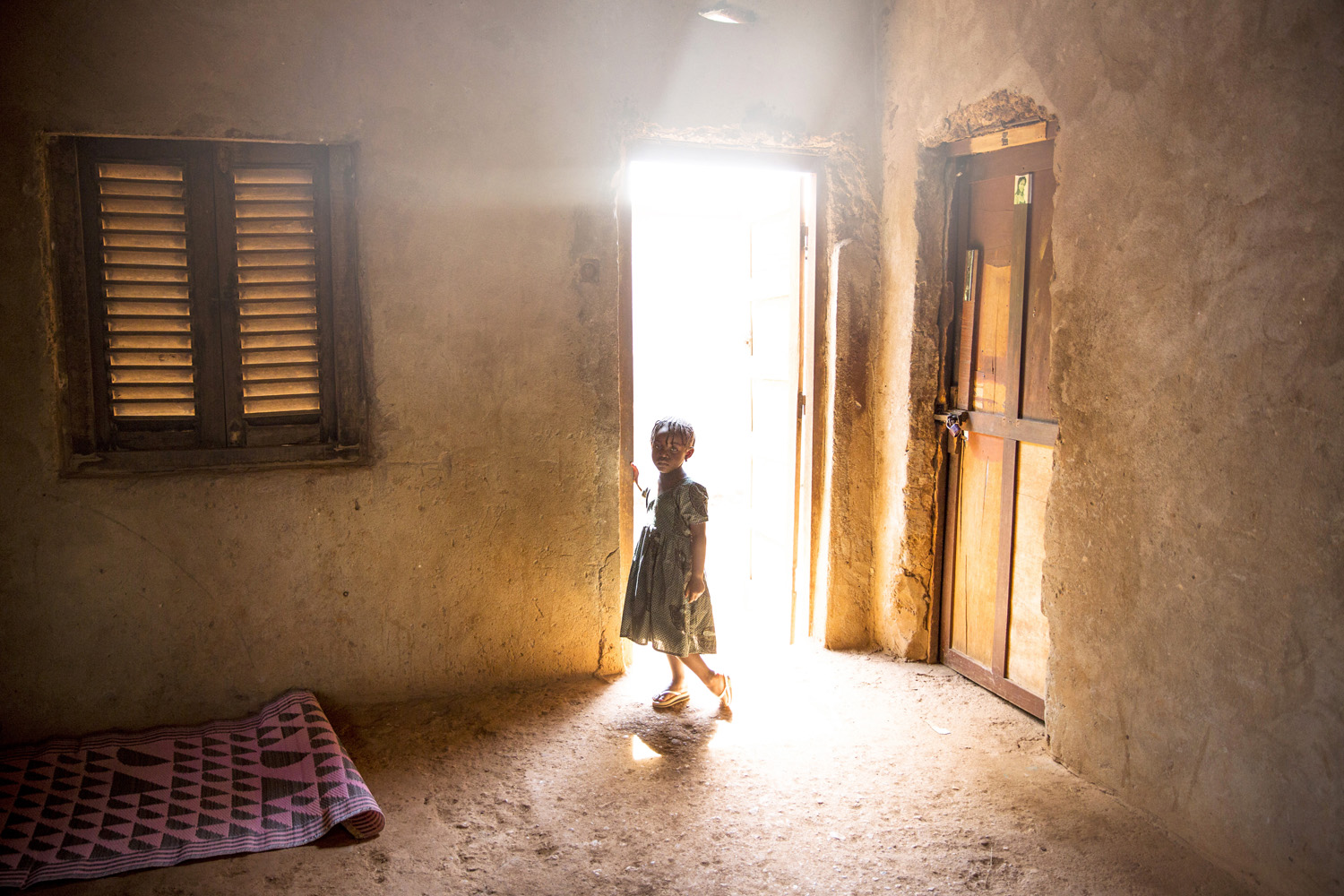
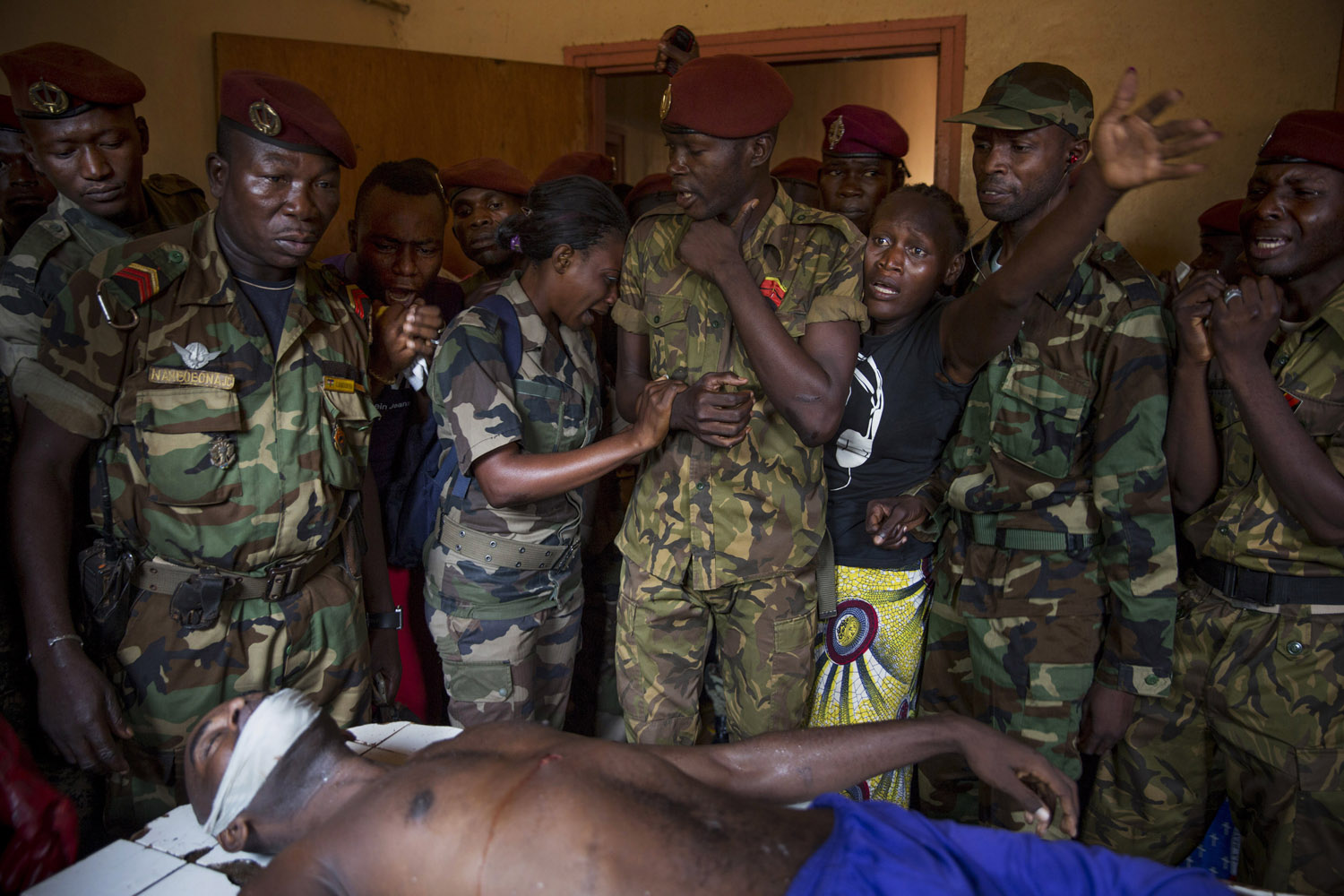
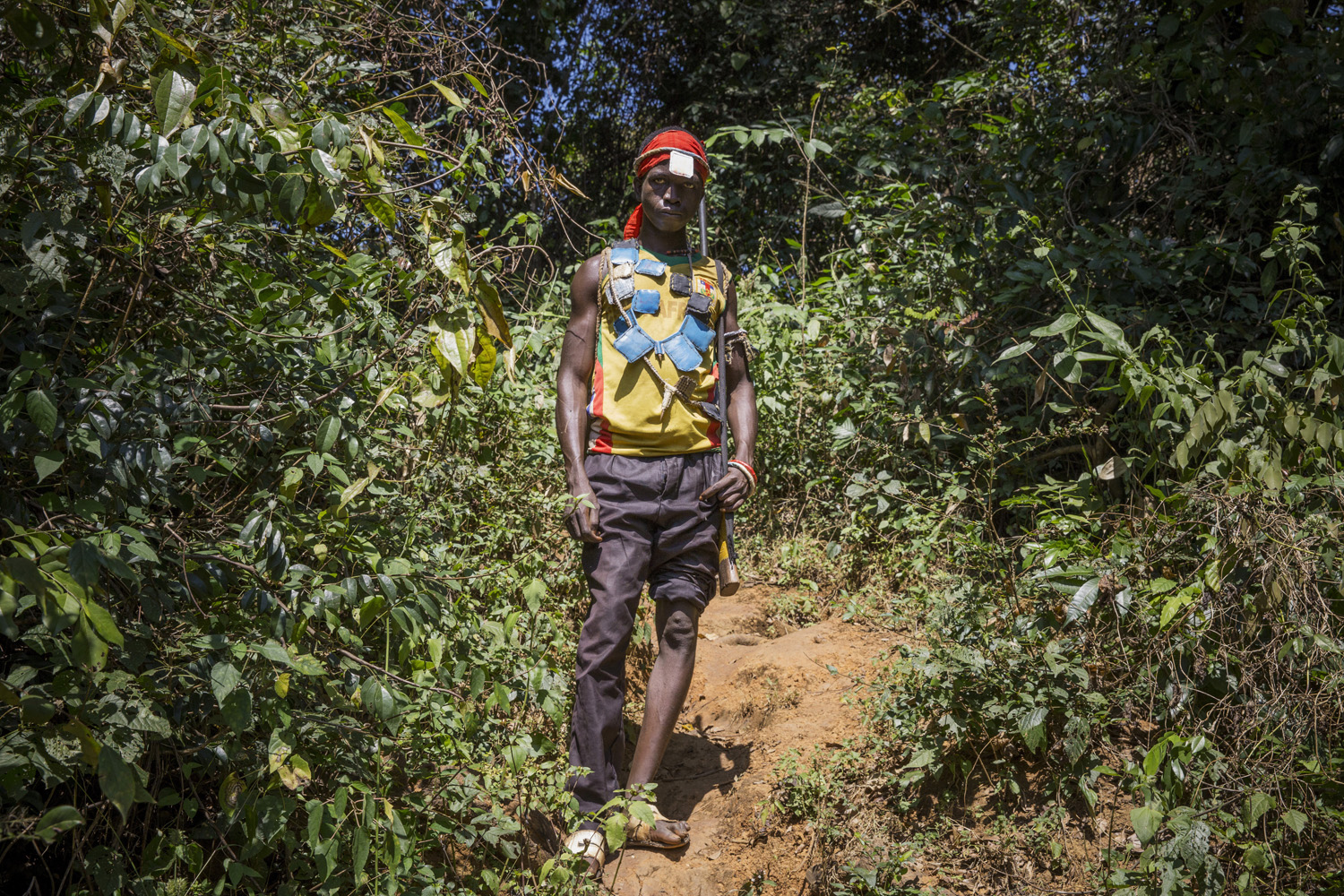
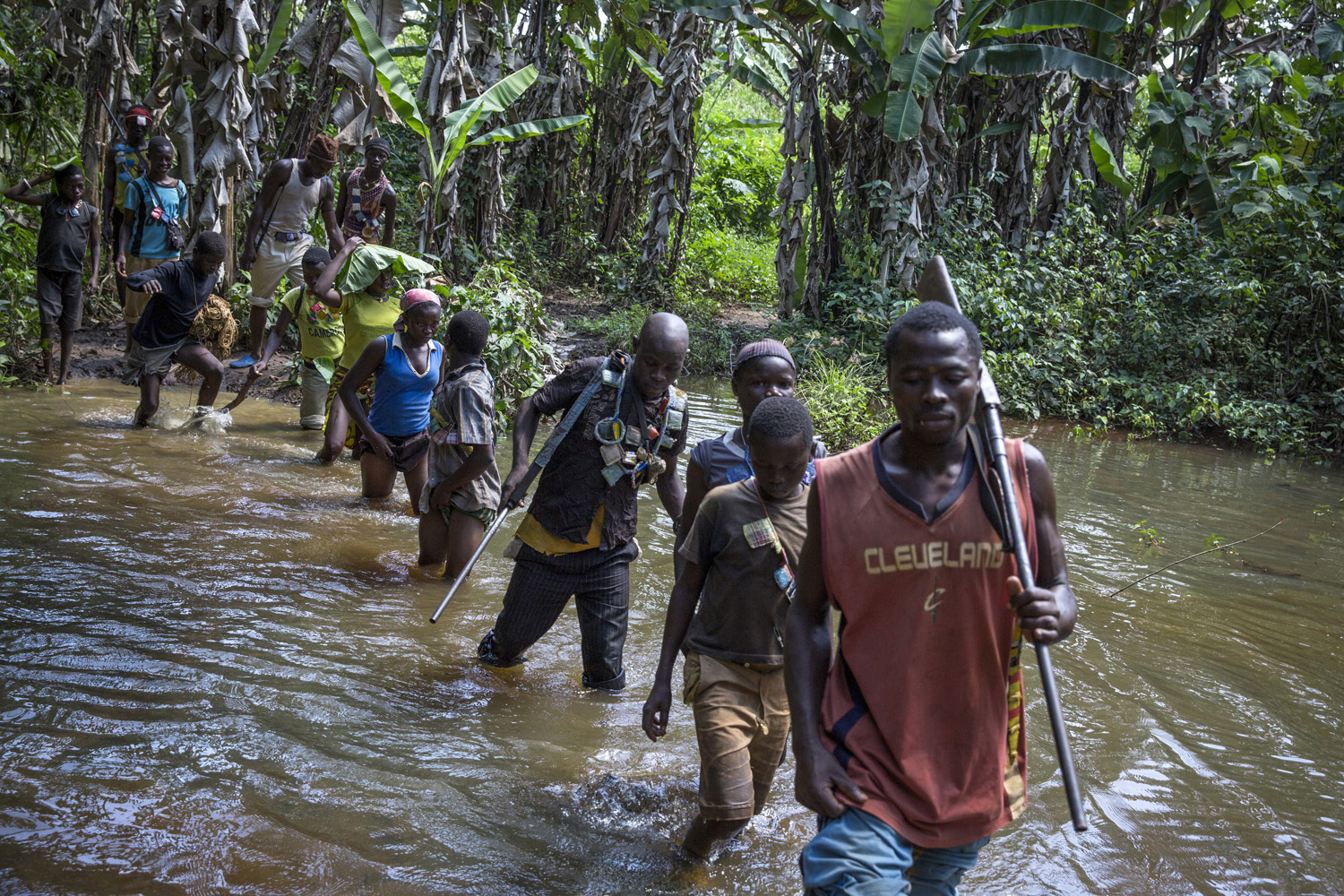
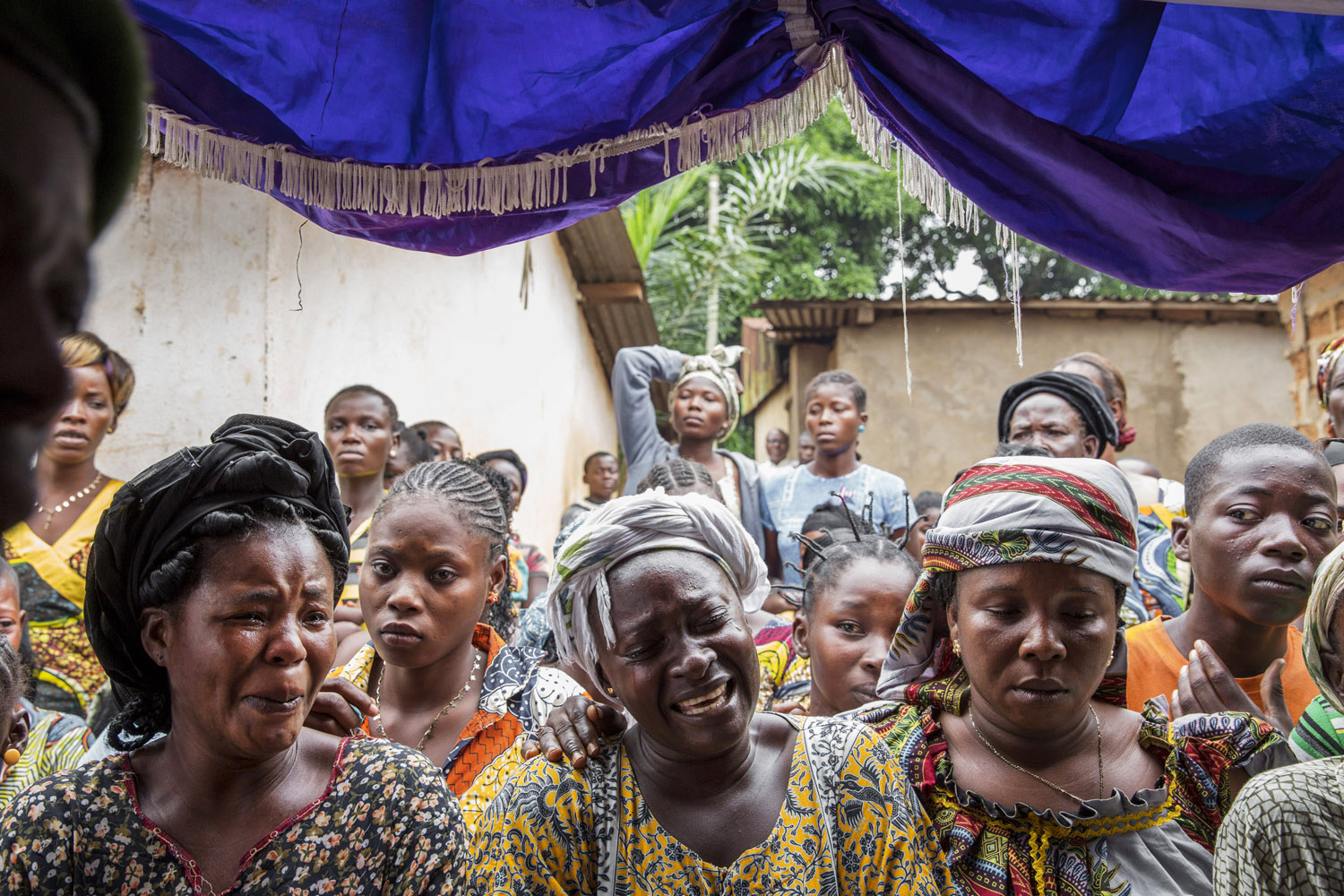
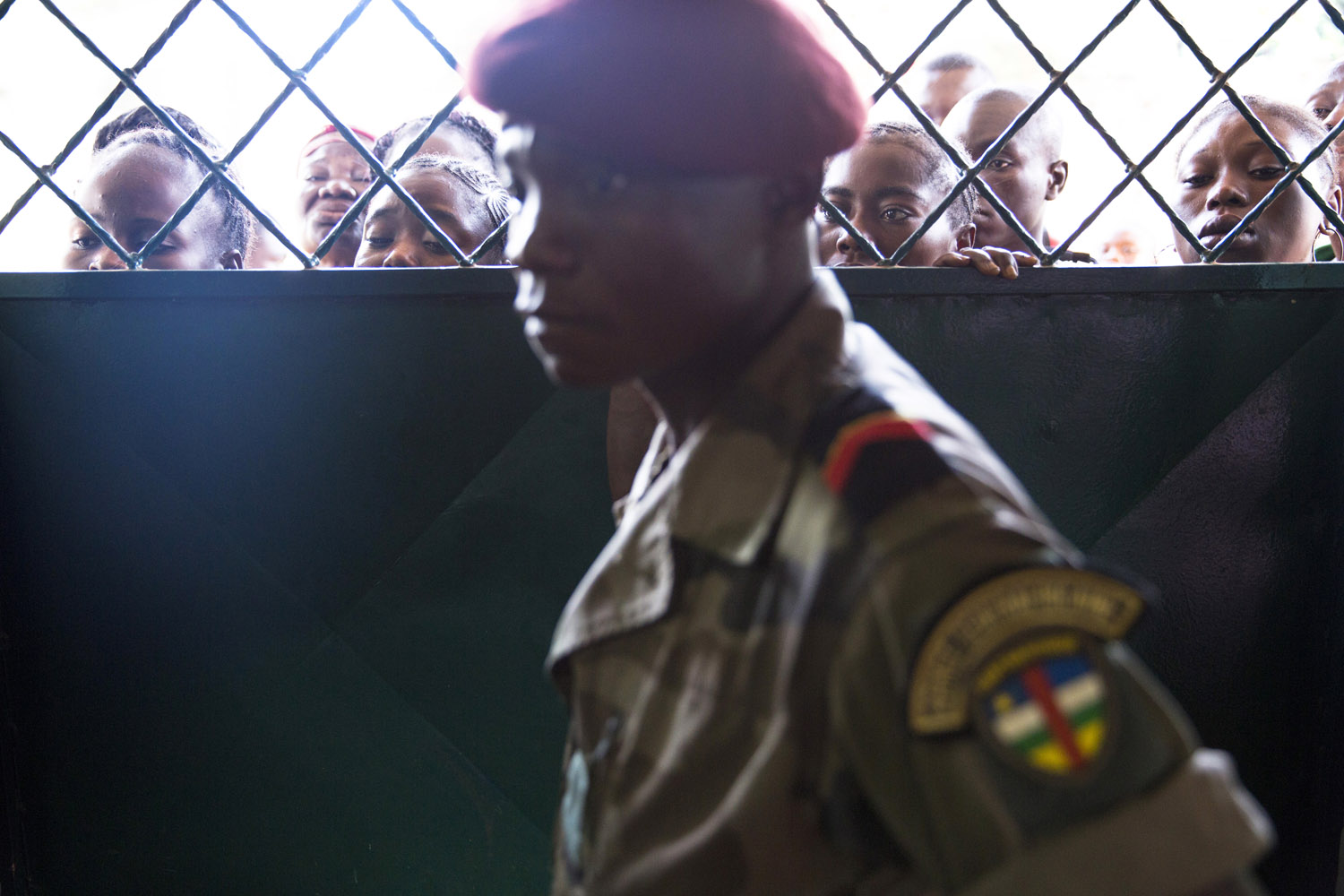
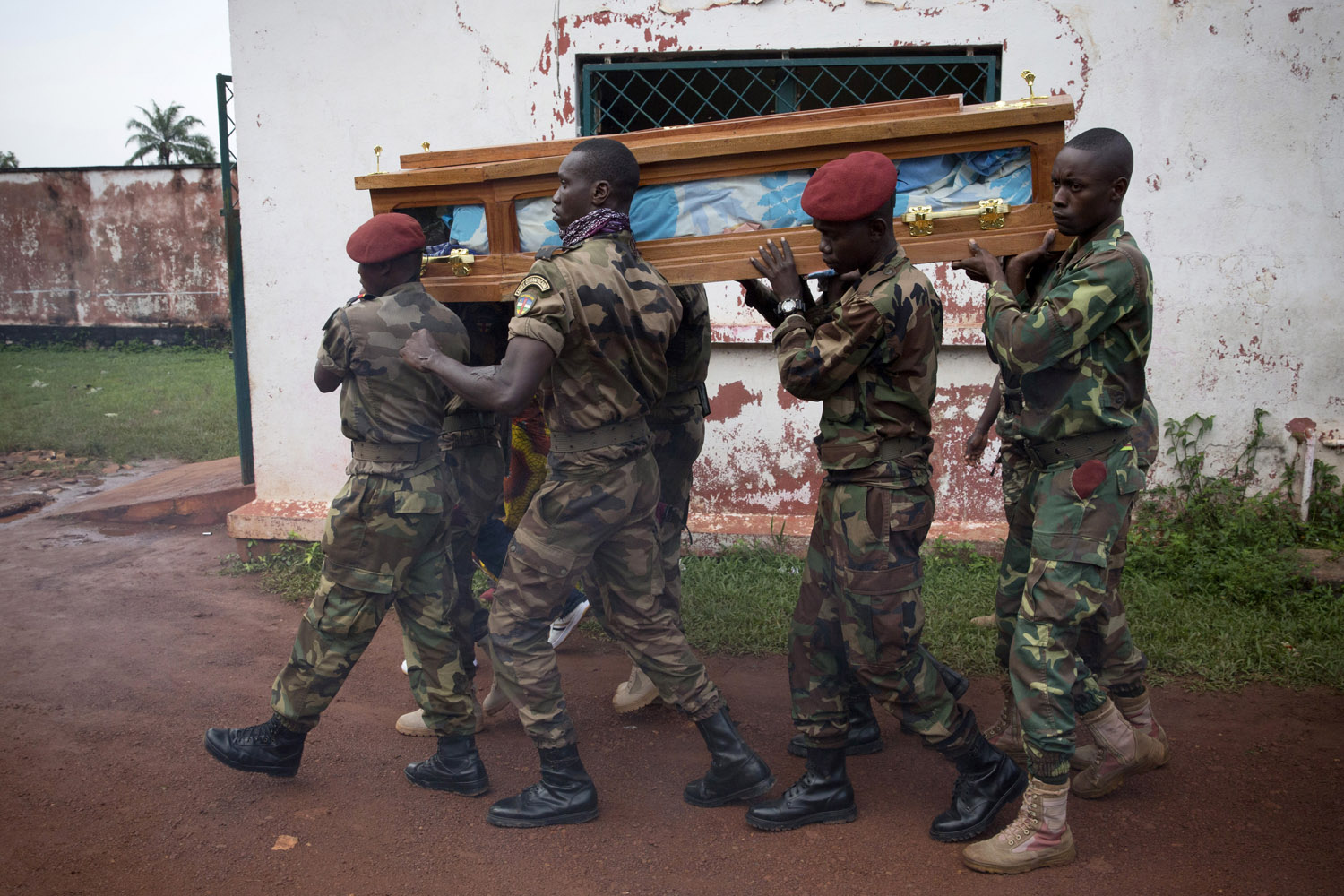
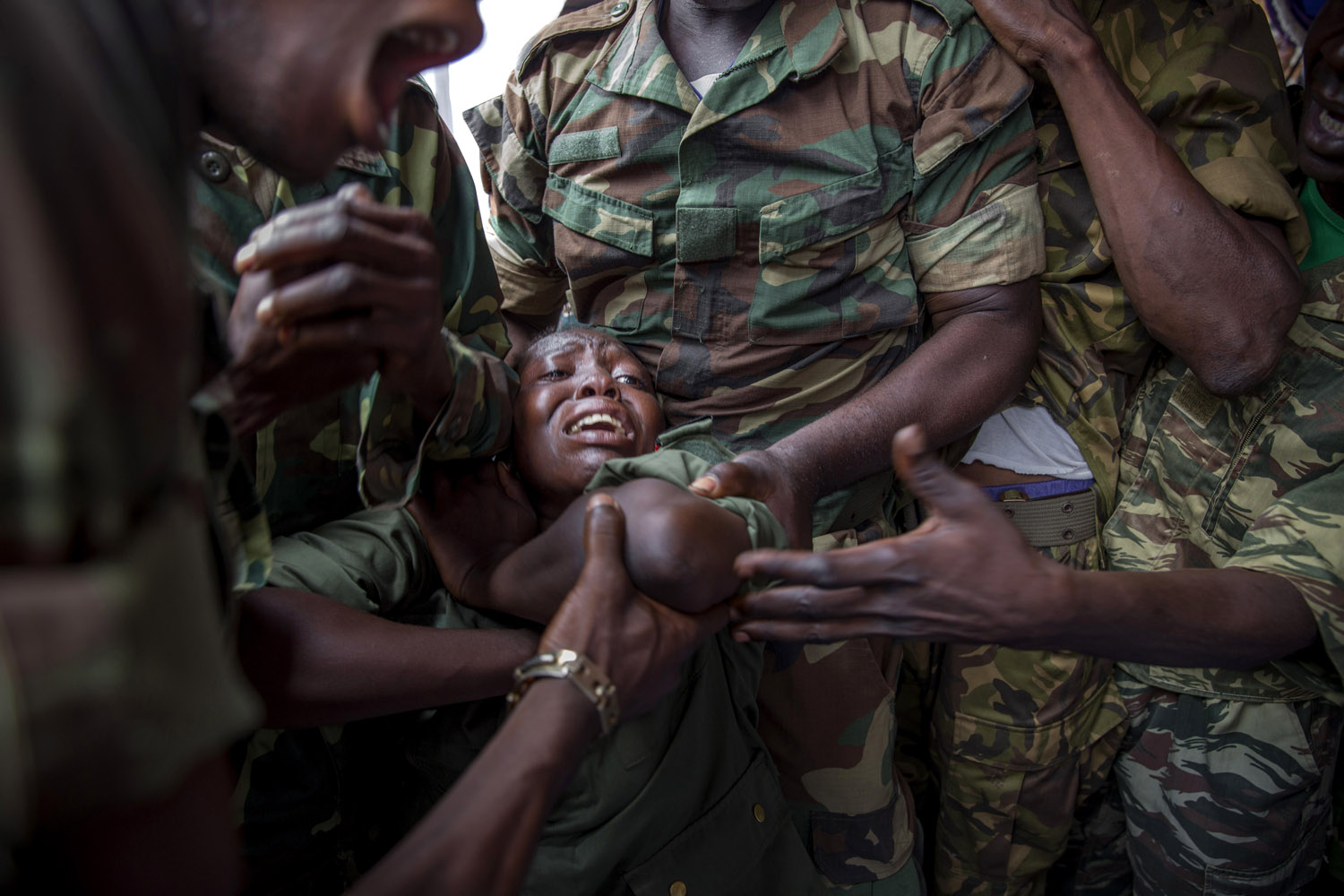
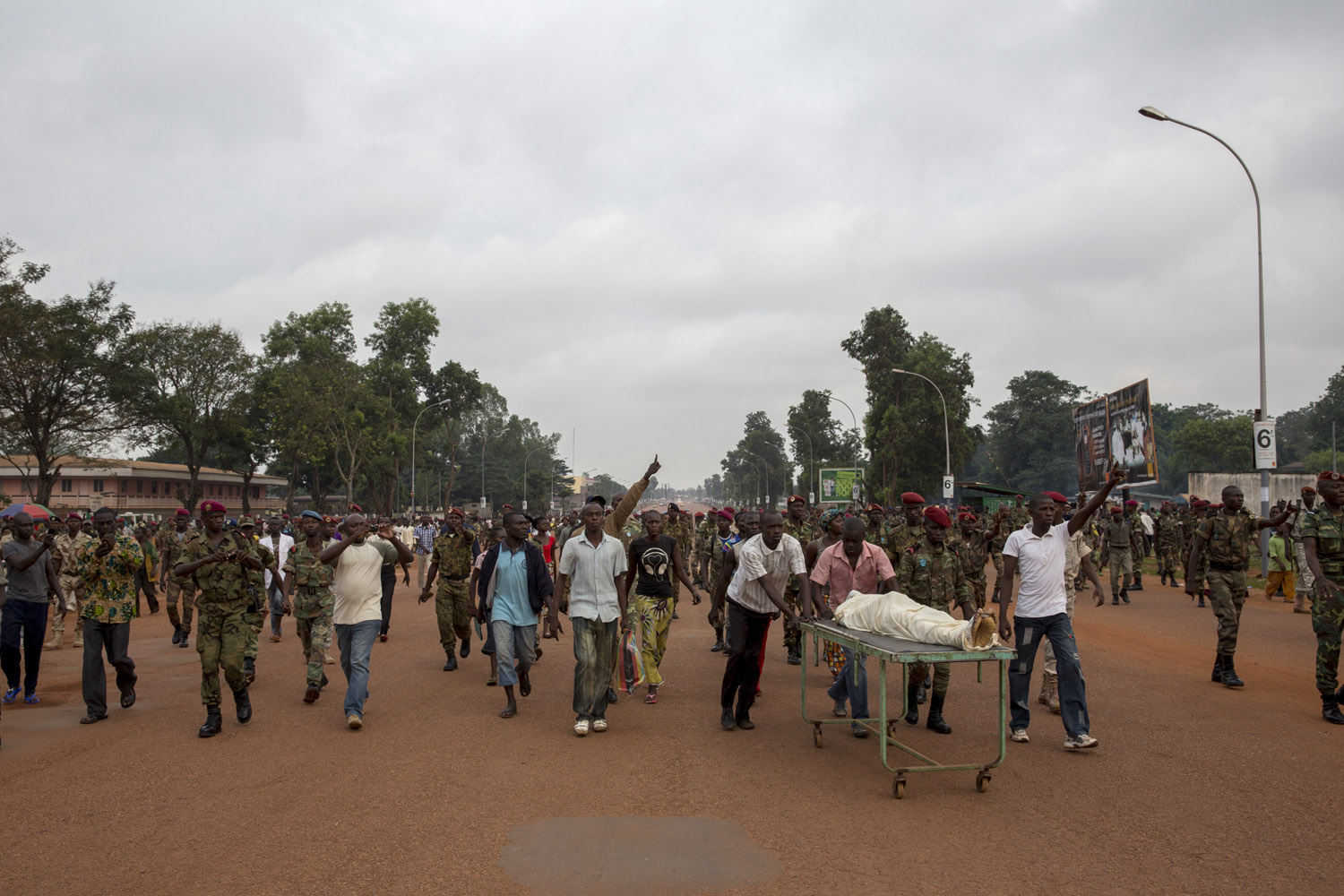
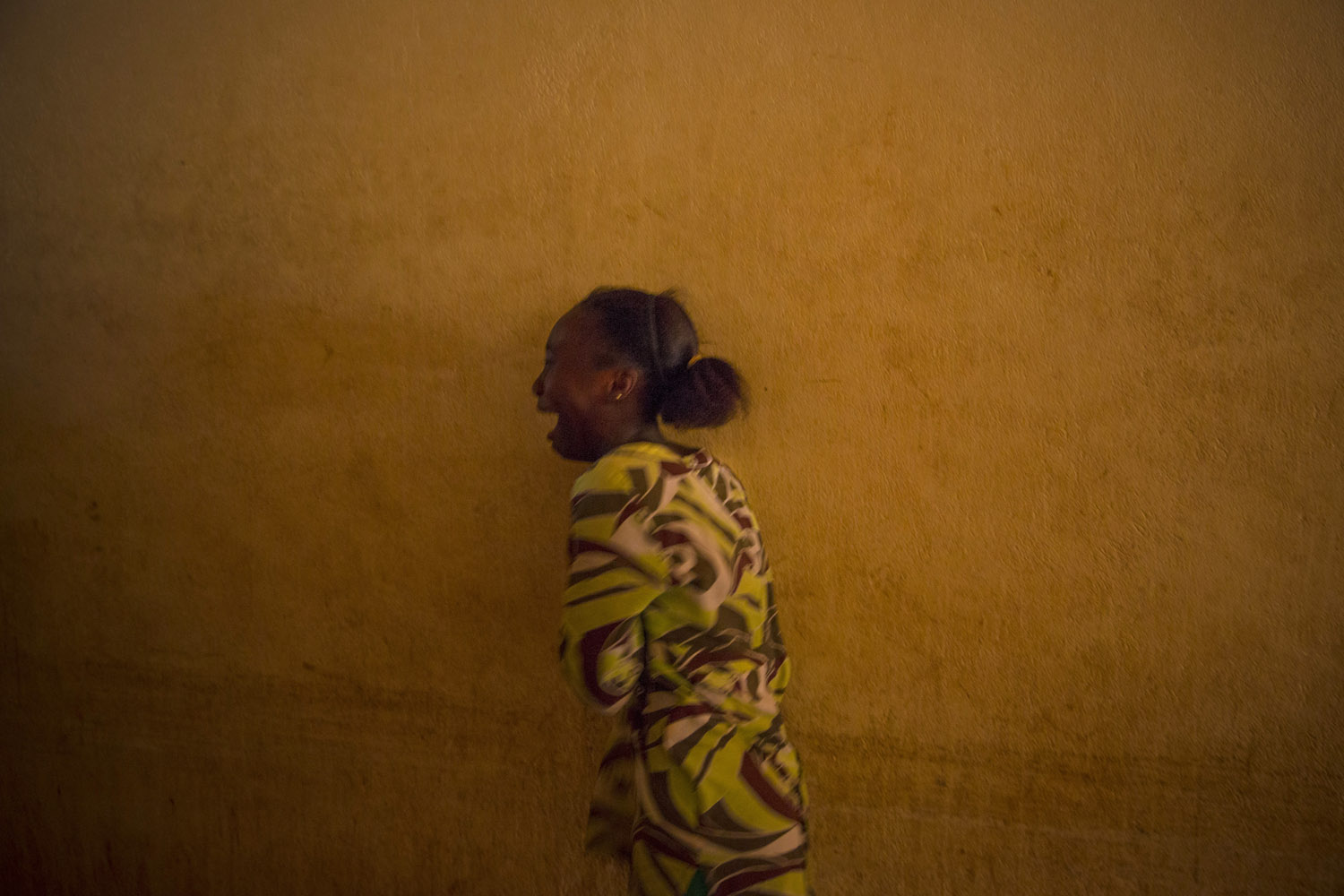
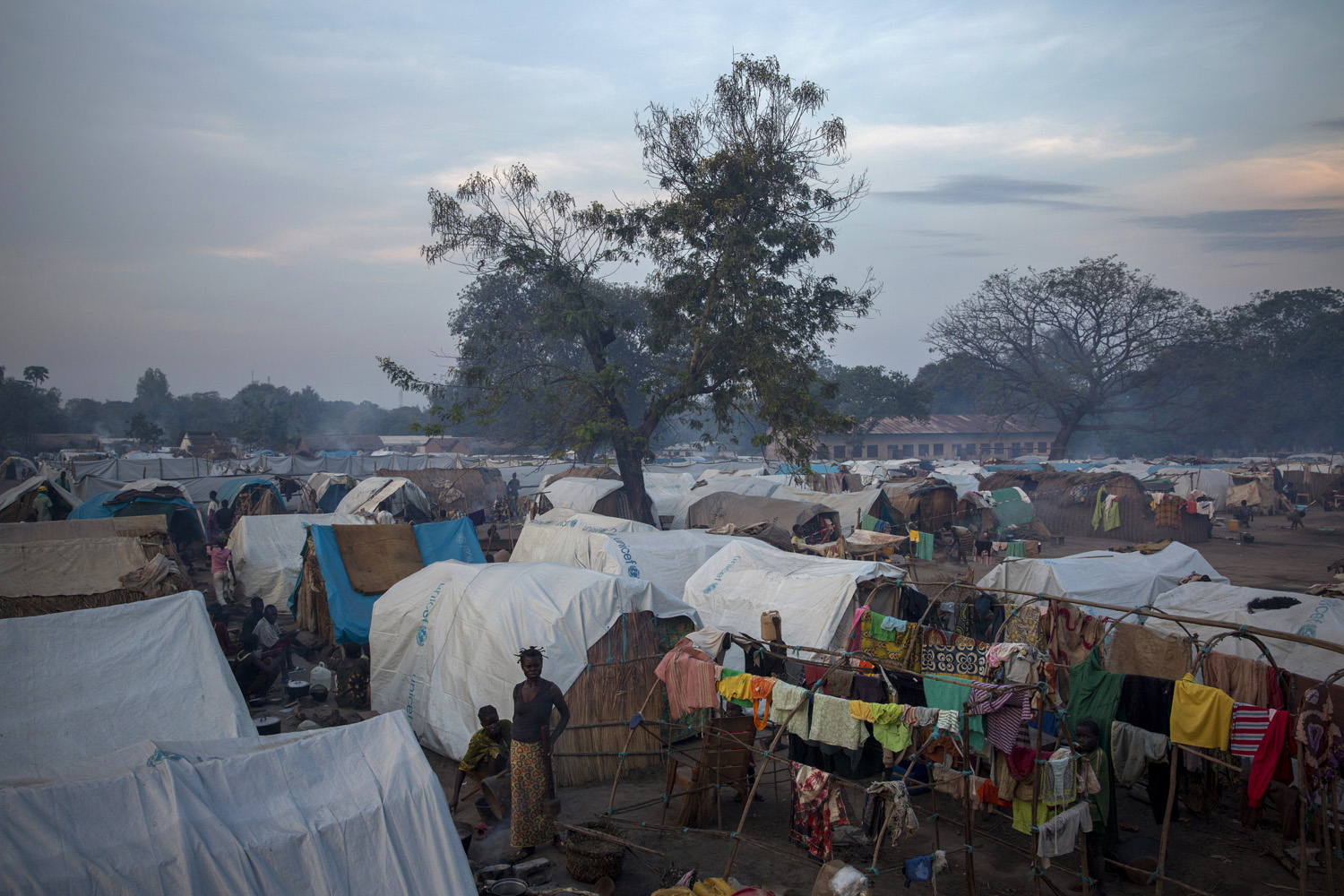
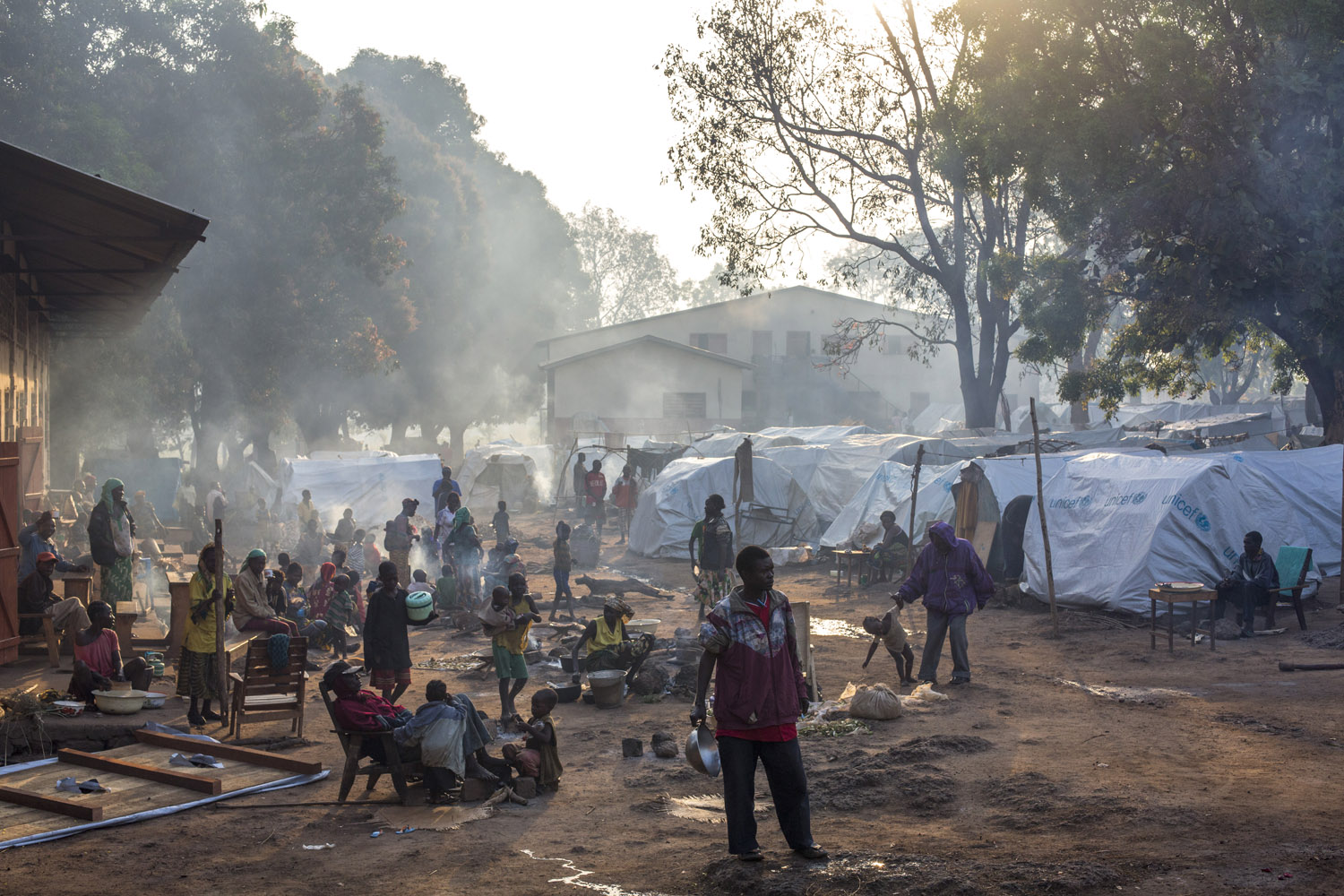
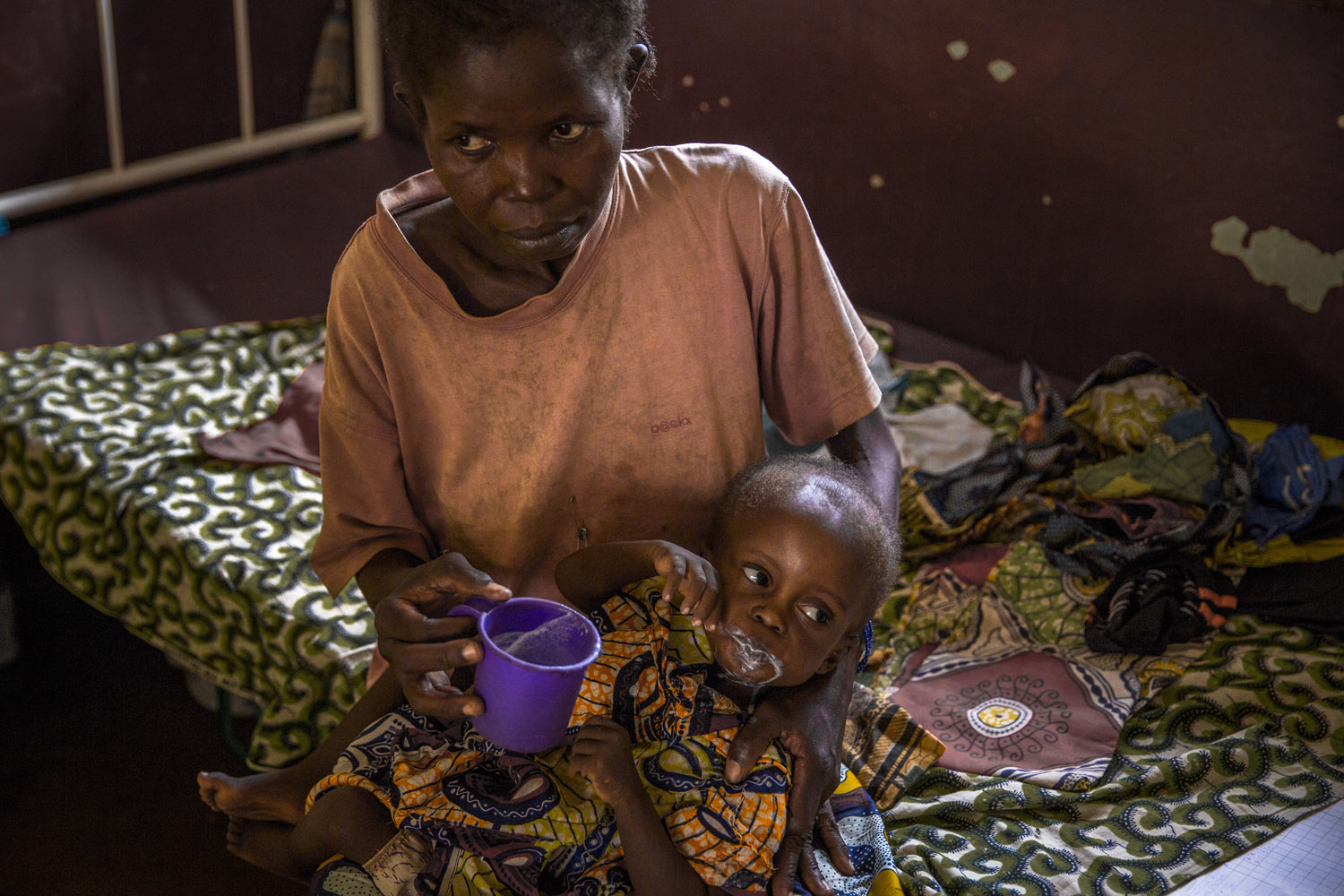
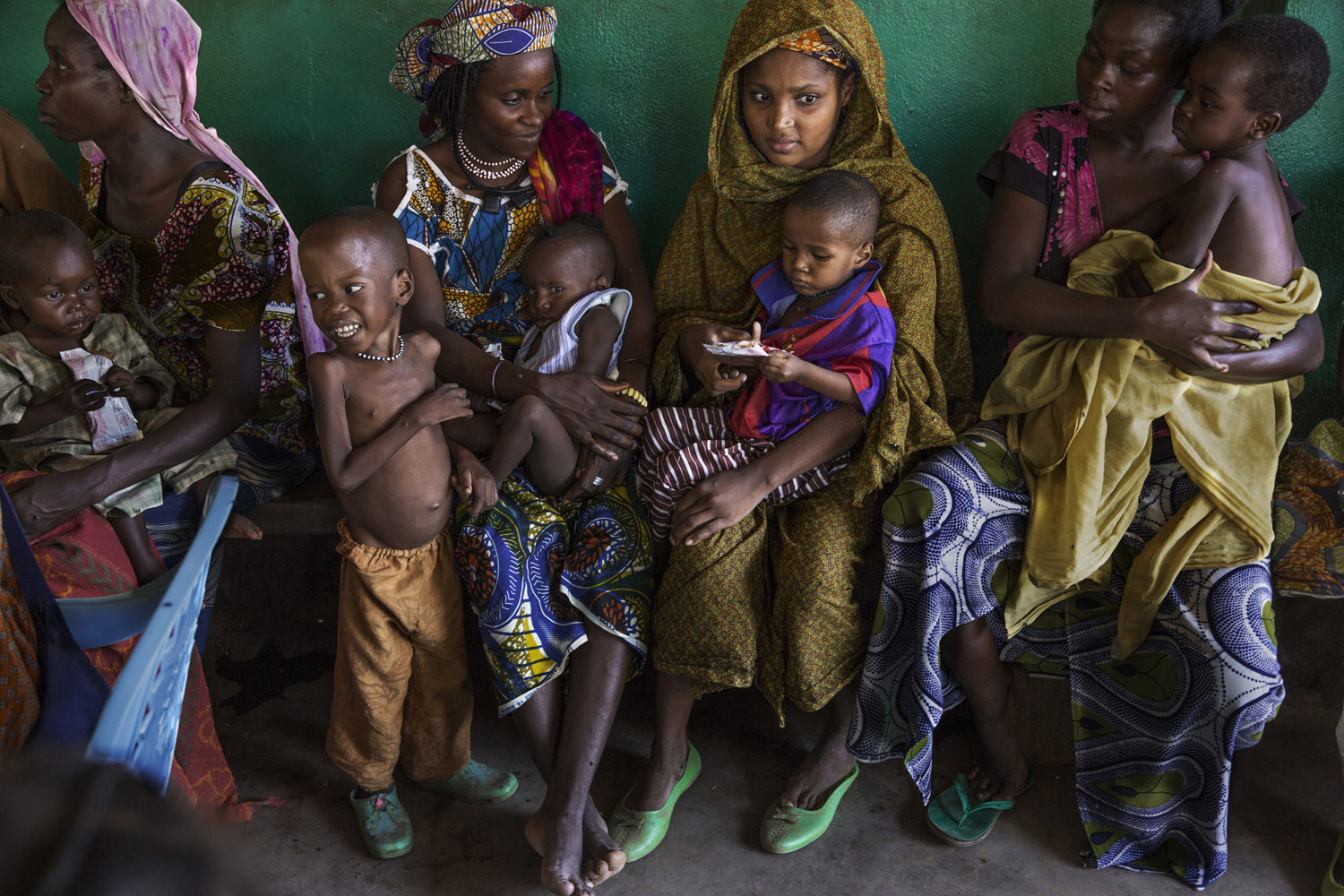
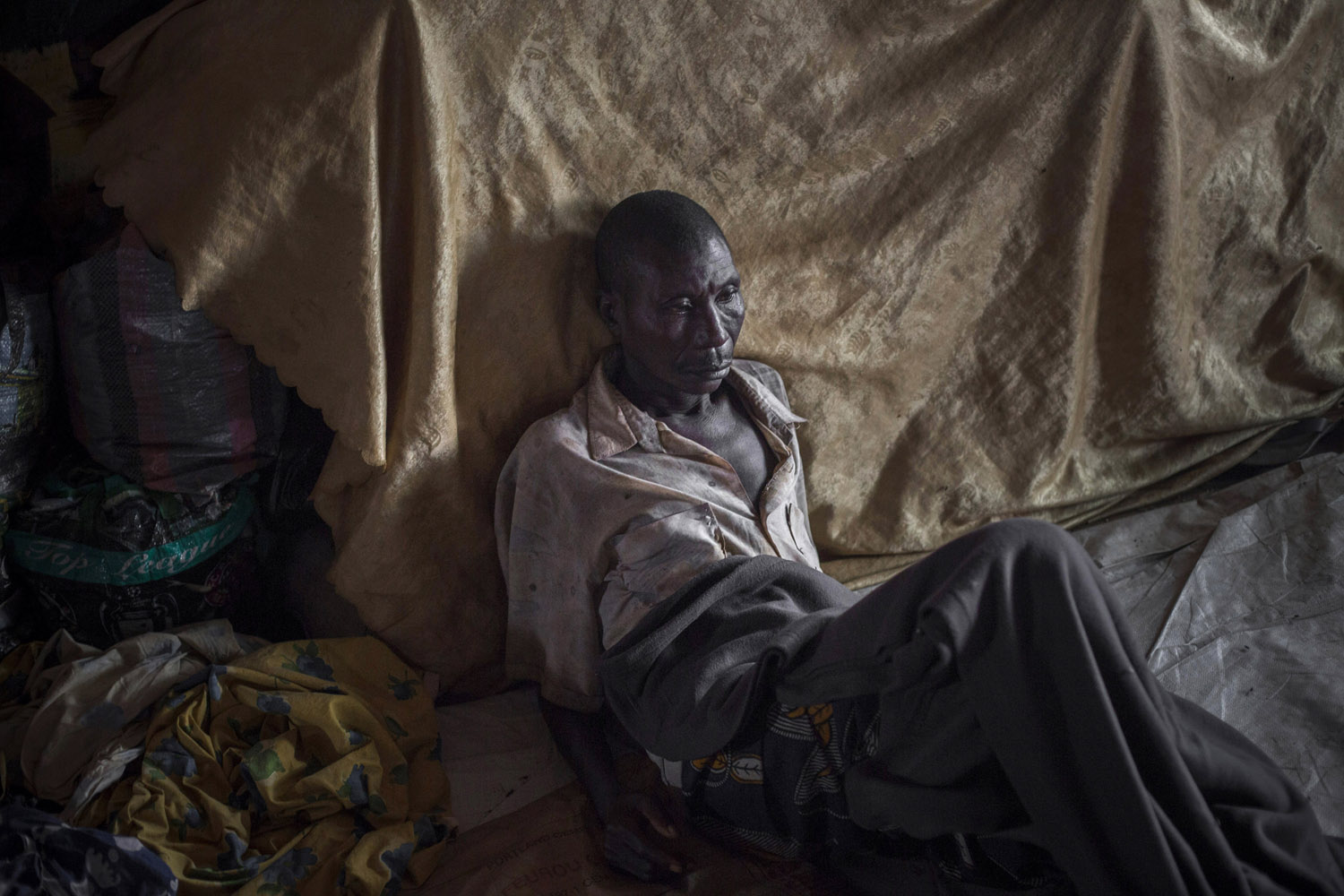
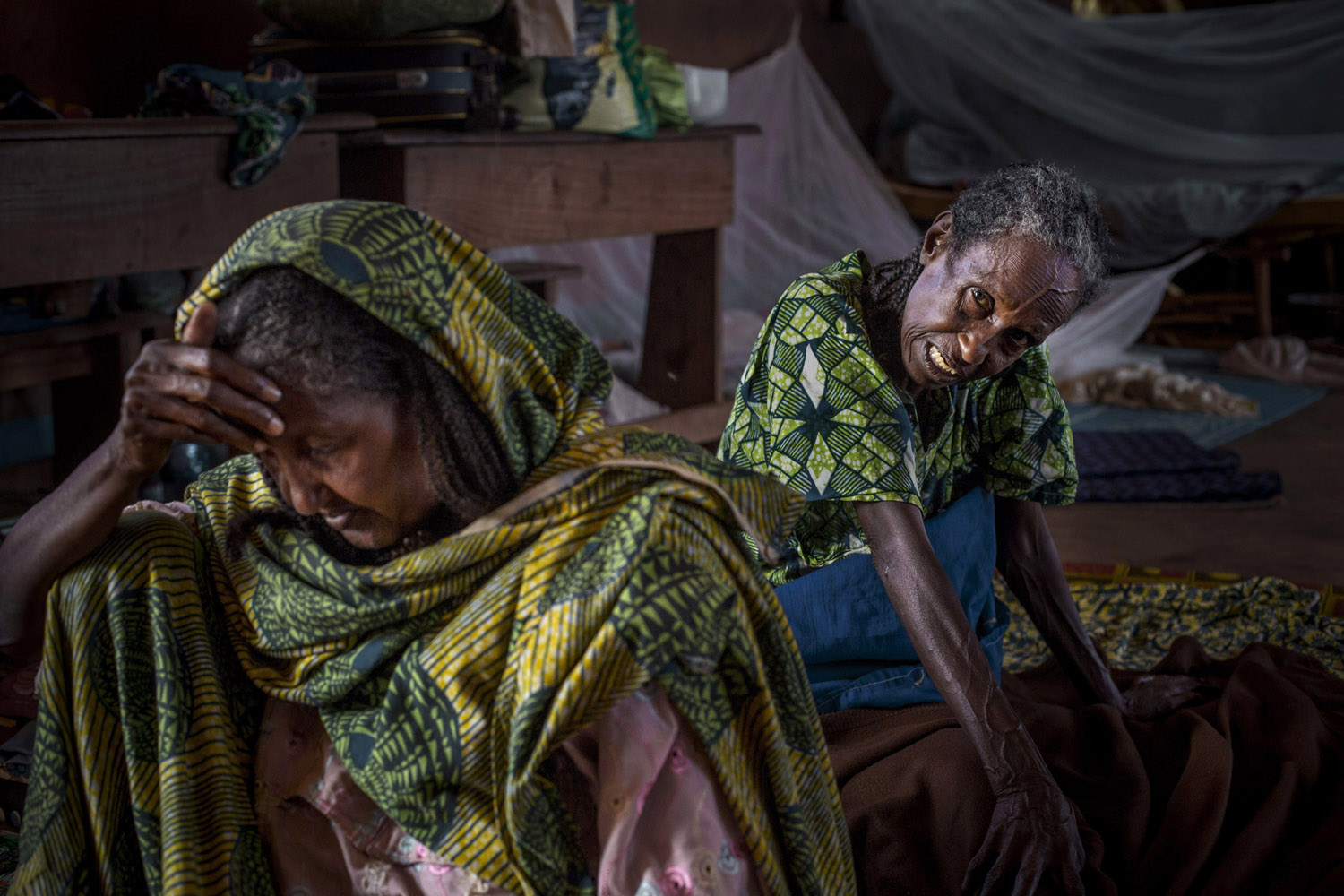
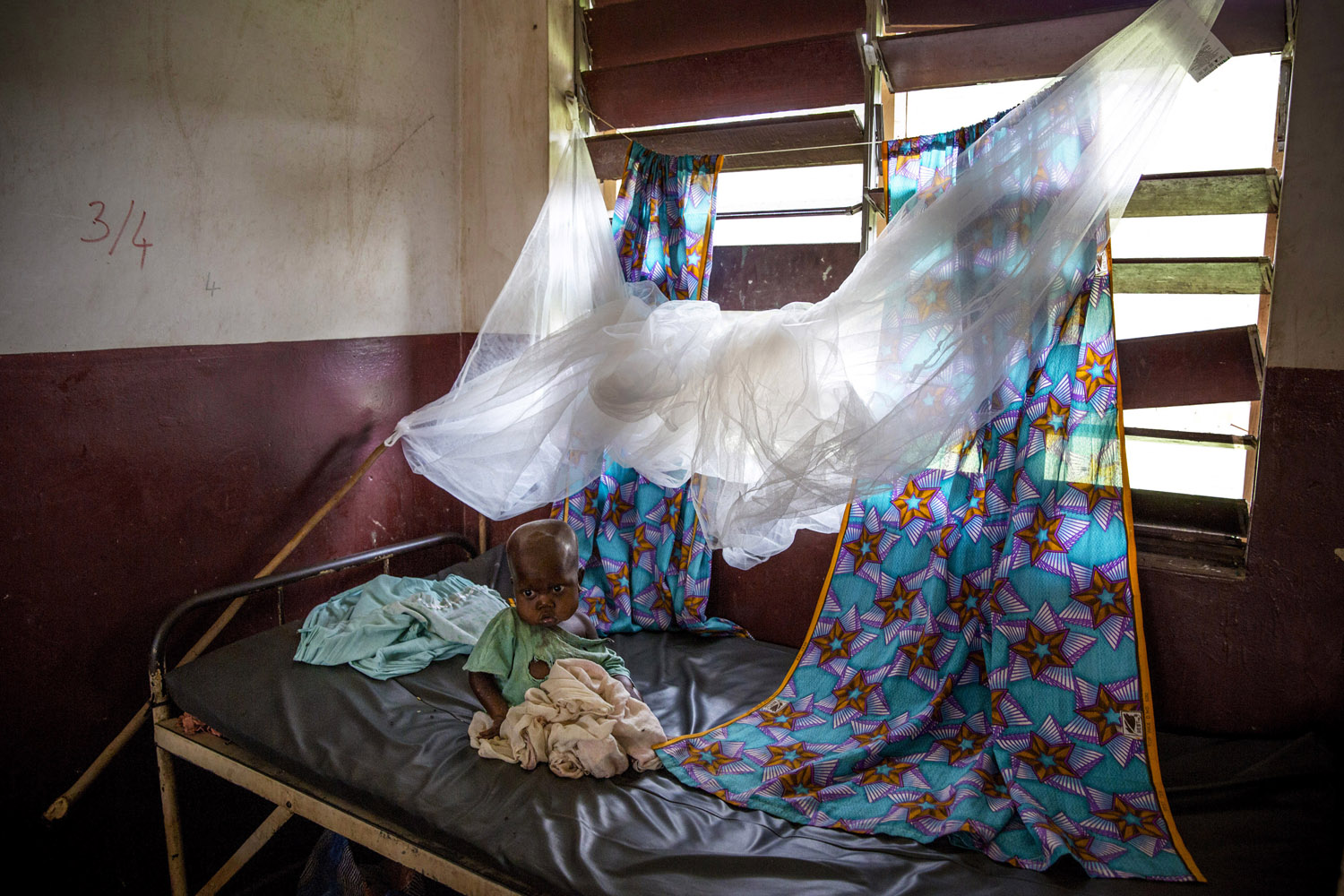
More Must-Reads From TIME
- The 100 Most Influential People of 2024
- The Revolution of Yulia Navalnaya
- 6 Compliments That Land Every Time
- What's the Deal With the Bitcoin Halving?
- If You're Dating Right Now , You're Brave: Column
- The AI That Could Heal a Divided Internet
- Fallout Is a Brilliant Model for the Future of Video Game Adaptations
- Want Weekly Recs on What to Watch, Read, and More? Sign Up for Worth Your Time
Contact us at letters@time.com